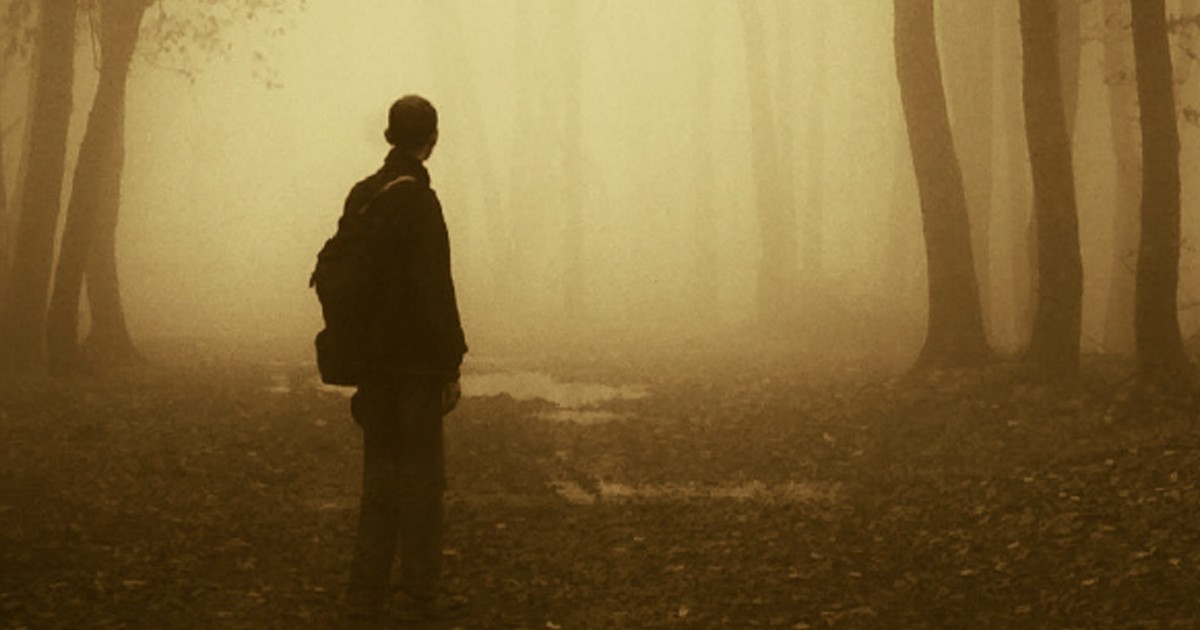
By Paul Rousseau
“Doc, I need ta git some things offa my chest ‘fore this cancer puts my bones six feet under.”
Don spoke in short puffs of breath, his voice scratchy like sandpaper, his words muddled by a swollen, tumorous tongue.
“You ever hear of the KKK, the Ku Klux Klan?”
I nodded.
“I was a member of the Klan in the ‘60s. I was just a kid when I joined, must’a been 17 or 18. The Klan made me feel good ‘bout myself, told me I was one of the chosen, a white Christian. I never got caught up in anythin’ bad they done ceptin’ this one time.”
His eyes darted about the room, settling on the door. I saw tears.
“One night they had us young’uns hunt down a black man.” He paused. “Hell, he wasn’t no man, he was just a kid, maybe 16 years old, walkin’ down the street, mindin’ his own business.”
He closed his eyes and began to rock side to side, restless and unsettled. Then he grabbed the bedrails with both hands, and squeezed and shook them until his knuckles turned white and an estuary of veins bulged a deep, dark blue. Tears turned to sobs, his lips curling into a quivering grimace.
“I’m sorry I’m cryin’. It’s just that…”
“It’s okay to cry, tears are Holy Water, they help cleanse the pain,” I said.
I reached over and gently held his hand.
“All of us are broken and have sinned.”
He nodded, wiping his tears.
“We yanked this poor boy into the bed of the truck, right next to the rope—he seen the rope—and took him back to the hollers. He was so afraid he even peed hisself. That poor boy, he knew what was gonna happen. He knew we were gonna…”
He stared at the floor, his eyes wide and fixed. “I just got lost…I just got lost.”
“We all get lost sometimes,” I said. “Nothing’s ever black or white, there’s always a hint of gray.”
“I never married, I couldn’t after that. I couldn’t even hold a job, I tried, but I’d quit or git fired or drift on to the next place. I been punishin’ myself my whole life. I didn’t do it, but I stood and watched…so I might as well a done it.”
He pushed the button on the morphine pump, then pushed it again, and again, and again.
“I shoulda’ said somethin’, I shoulda stopped it. But I didn’t…I didn’t…” His words slowed. “I done bartered all I can, it’s up to Him now.” Soon he was in an opioid slumber.
The room was quiet save the hissing of the oxygen, the rhythmic cadence of the morphine pump, and the rumbling snores of air passing over his swollen tongue.
I wondered about his story; was it true, or was it some made-up tale meant to strangely impress? I believed it was true; most deathbed confessions are. I also believed an adolescent need for acceptance had displaced his reason and morals.
As I turned to leave, I thought of my best friend Robert who, severely depressed, hanged himself when I was 14, his tongue hideously swollen from the pressure of the bed sheet noose. And then I thought of Don’s tongue, similarly swollen, and how, in an irony borne of a single night, was not unlike the tongue of an innocent young boy brutally hanged during the racial tumult of the 1960s.